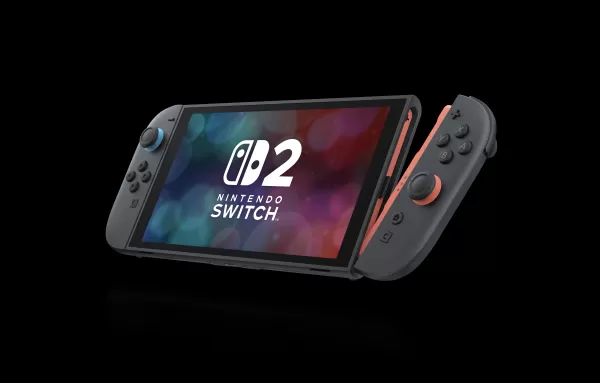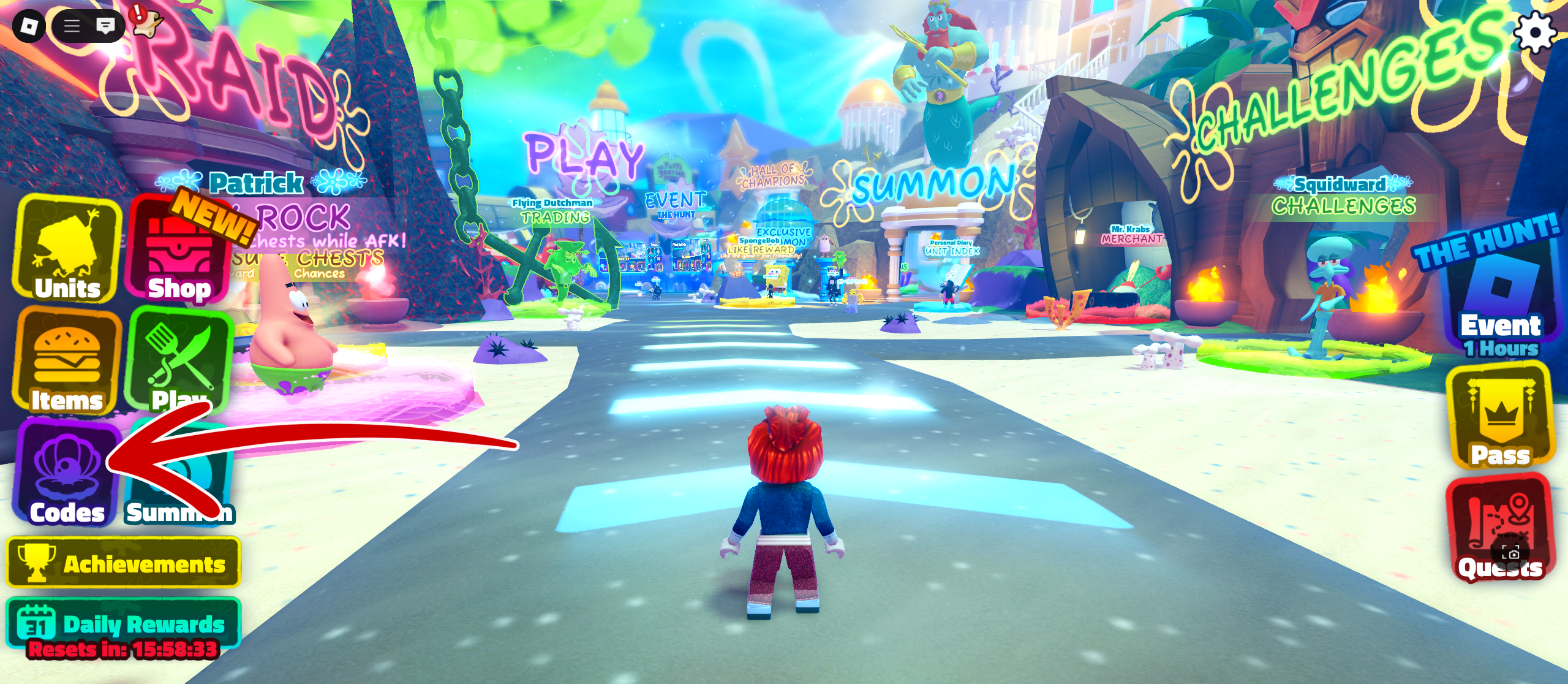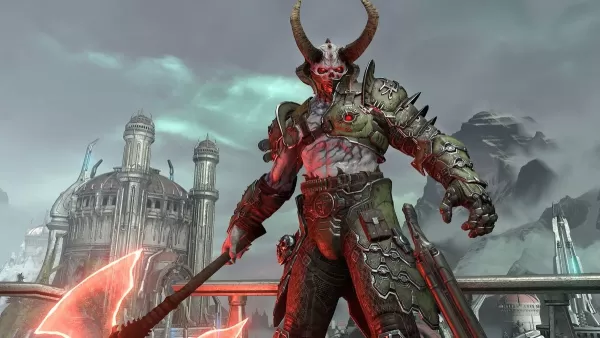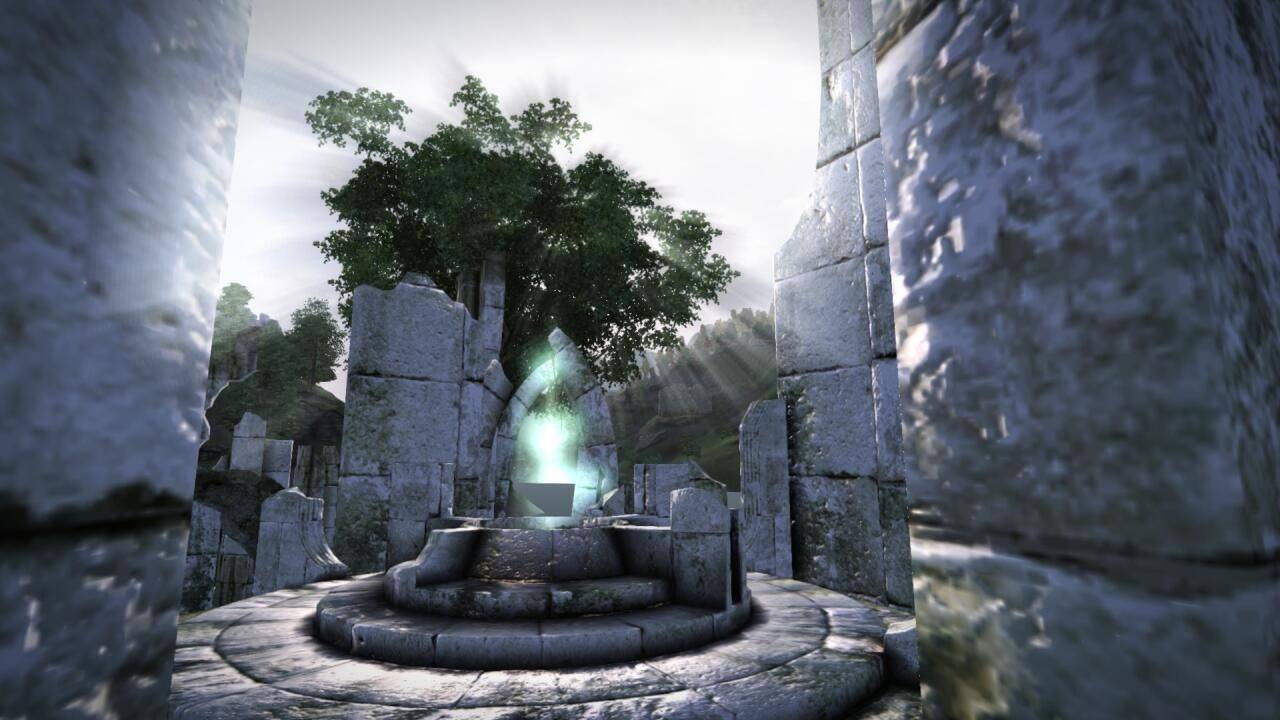Warner Bros. has made the difficult decision to cancel its highly anticipated Wonder Woman game and close three of its development studios: Monolith Productions, Player First Games, and WB San Diego. This news was first reported by Bloomberg's Jason Schreier on Bluesky and later confirmed by WB in a statement to Kotaku.
In their statement, Warner Bros. explained that these closures are part of a strategic shift to focus on key franchises such as Harry Potter, Mortal Kombat, DC, and Game of Thrones. The company emphasized that this decision was not a reflection on the talent within the affected studios but a necessary step to realign their development efforts.
The Wonder Woman game, developed by Monolith Productions, will no longer move forward. Warner Bros. expressed their disappointment, stating that their goal was to deliver a high-quality experience for fans of the iconic character, but it was no longer feasible within their current strategic priorities. They acknowledged Monolith's impressive history, particularly with the Middle-earth series, which introduced the innovative Nemesis system.
Player First Games, known for the critically acclaimed but underperforming MultiVersus, and WB San Diego, focused on mobile and free-to-play games, are also affected by these closures. Both studios were established in 2019 and contributed significantly to Warner Bros.' gaming portfolio.
This move comes amidst broader challenges within Warner Bros.' gaming division, including earlier reports of the Wonder Woman project facing difficulties, layoffs at Rocksteady, and the tepid response to Suicide Squad: Kill the Justice League. Additionally, the recent departure of long-time games head David Haddad and rumors of potential divestiture of the gaming division have added to the uncertainty.
The closure of these studios is a significant setback for Warner Bros.' efforts to expand its DC universe-connected gaming projects. Just days before this announcement, DC Studios' James Gunn and Peter Safran indicated that the first DCU video game is still a couple of years away.
The gaming industry has been grappling with a wave of layoffs, project cancellations, and studio closures over the past three years. In 2023, over 10,000 game developers were affected by layoffs, a number that rose to over 14,000 in 2024. While specific numbers for 2025 are less clear, the trend of industry contraction continues to impact many developers and studios.

 LATEST ARTICLES
LATEST ARTICLES 












